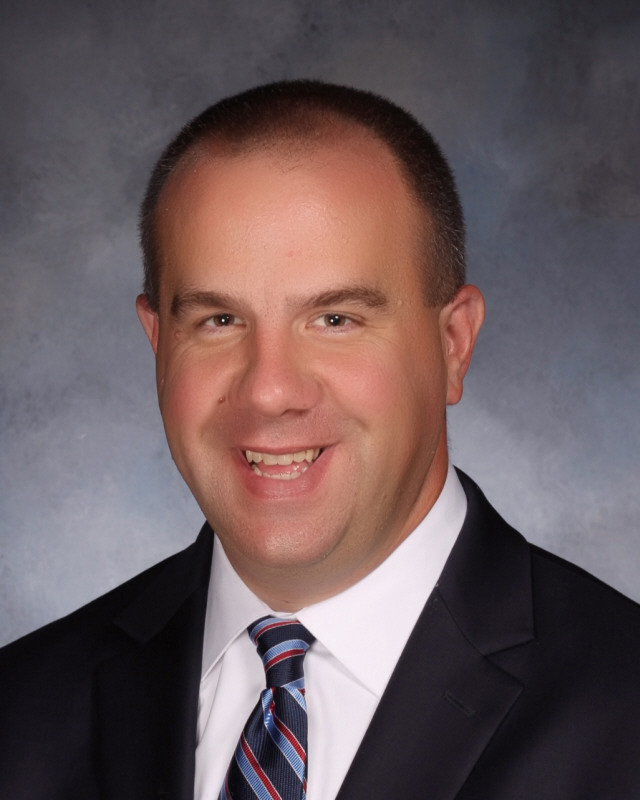Currently, social media is impacting the lives and mental health of young children, teens, and adults. Over 4.9 billion people use at least one social media platform worldwide. These platforms include TikTok, Snapchat, Facebook, Instagram, and YouTube, with multiple mental health cases linked to negative interactions through these apps. The overuse of social media is associated with depression, anxiety, and addiction, and most of these feelings are caused by FOMO, or the fear of missing out.
The rate of social media use is a significant part of young adults’ and children’s lives and mindsets these days, and their mental health is gravely affected by these apps. A Union Catholic student stated, “I spend around ten hours a day on TikTok.” Social media has its downsides, but it also provides some benefits, such as staying connected and updated, expressing oneself, and finding a community. However, these positives also coincide with depression, anxiety, and addiction. If you are a user of any of these sites, it is advisable to maintain a balanced and healthy relationship with them.
Social media has significant adverse impacts, including links to depression, insecurities, and loneliness. Many teens and children experience FOMO, which can lead to decreased confidence and self-esteem. Cyberbullying is a growing issue, and social media can disrupt sleep and create an obsession with constant updates. According to Lawrence Robinson and Melinda Smith, M.A., “Social media may promote negative experiences such as inadequacy about your life or appearance… FOMO can compel you to pick up your phone every few minutes to check for updates or compulsively respond to every alert… even if that means prioritizing social media interaction over real-world relationships.”
On the positive side, social media keeps people connected and helps them find others with similar interests. It provides support by connecting individuals who have shared experiences and encourages creativity and self-expression. It allows youth to “communicate and stay up to date with family and friends around the world… find new friends and communities; network with other people who share similar interests or ambitions… seek or offer emotional support during tough times,” as stated by Lawrence Robinson and Melinda Smith, M.A.
Mental health and social media have a close relationship and must not become a tangled web. A healthy balance between the two is essential for maintaining a positive social media presence.













